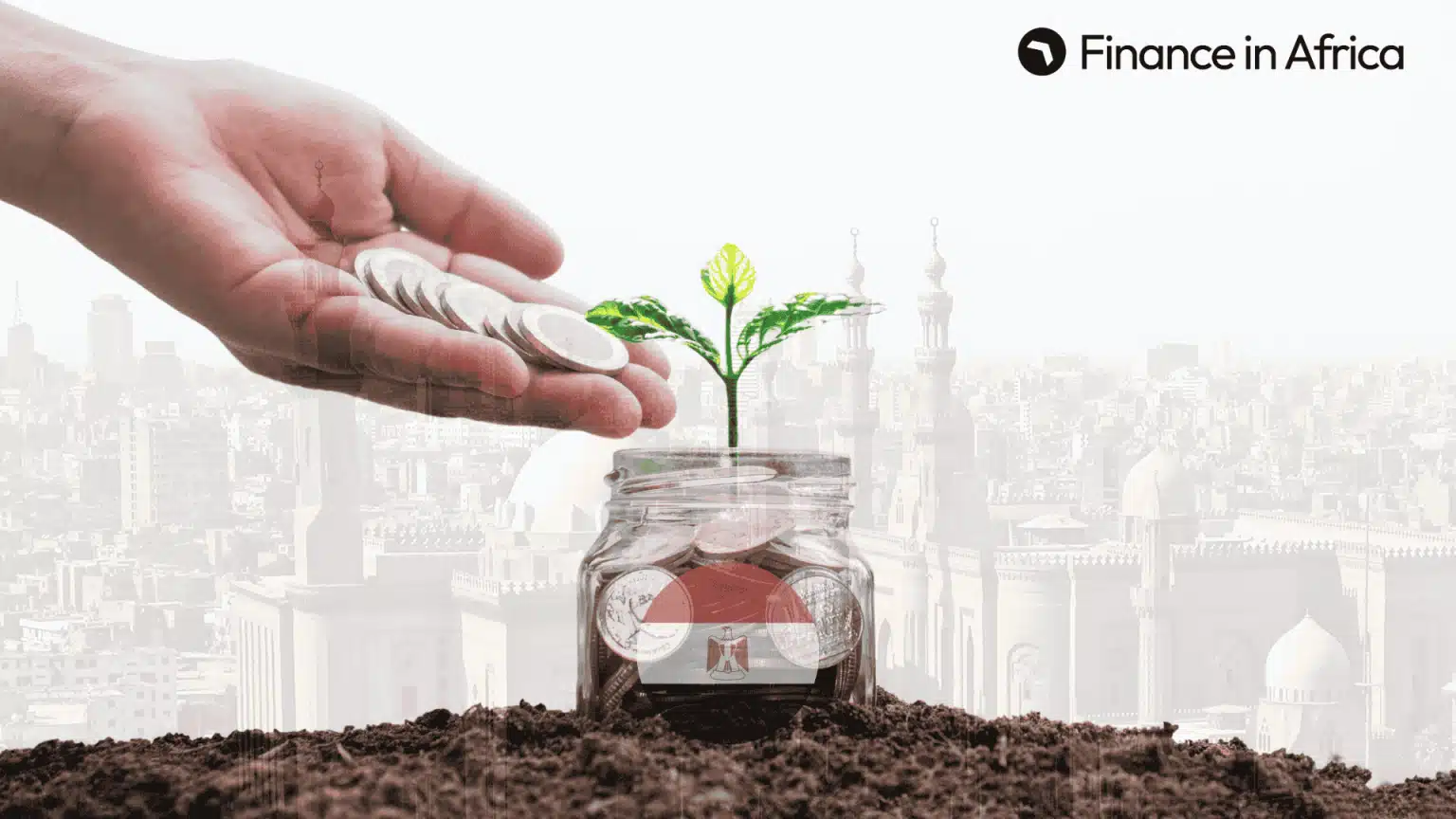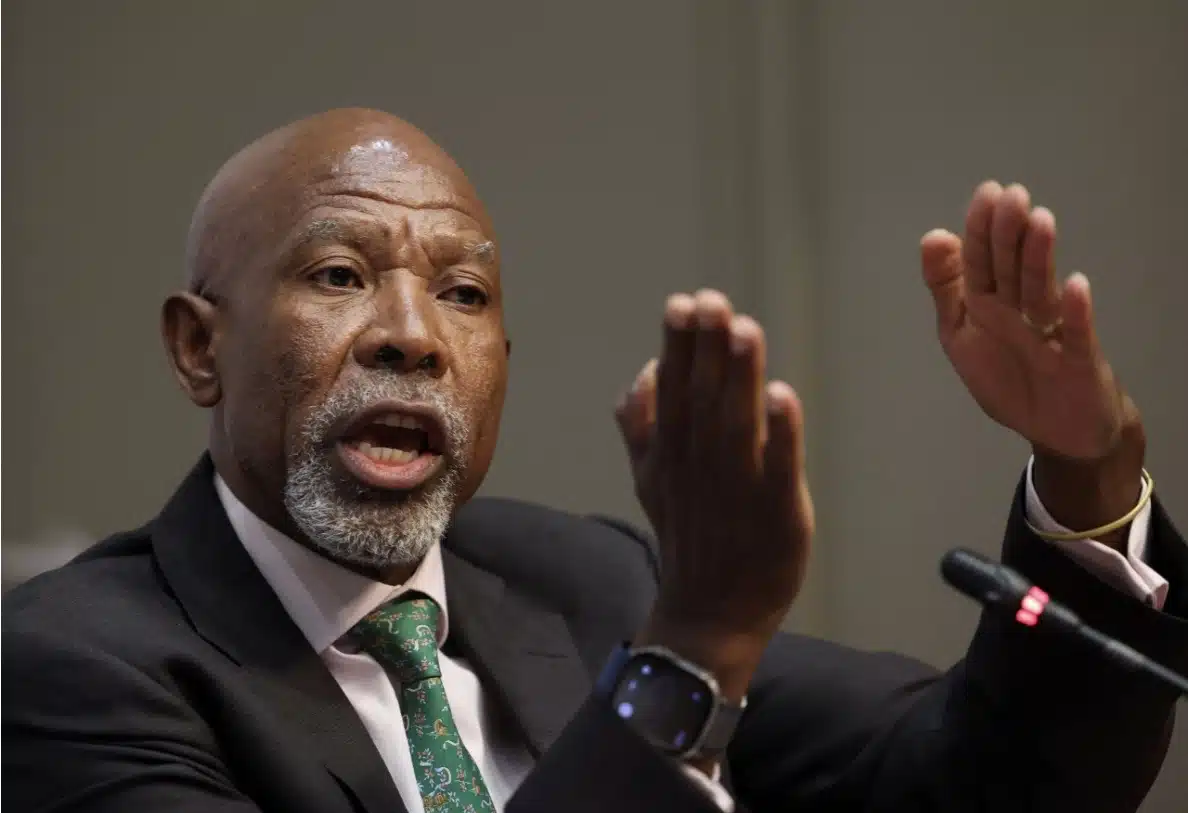As part of efforts to boost its economic ties with the Gulf, Egypt is targeting new Kuwaiti investments of up to $7 billion, capitalising on renewed investor confidence following recent reforms.
Speaking Wednesday at the Egypt-Kuwait Investment Forum in Cairo, Hossam Heiba, CEO of the General Authority for Investment and Free Zones (GAFI), said the new investment drive is part of a broader strategy to strengthen ties with Kuwait — already one of Egypt’s most prominent Arab investors.
Heiba disclosed that the proposed investments would target high-potential sectors including automotive, textiles, electronics, pharmaceuticals, food processing, renewable energy, IT, data centres, artificial intelligence, and outsourcing.
He added that hospitality and healthcare are particularly promising for Kuwaiti capital, citing Egypt’s urgent need for an additional 300,000 hotel rooms and 150,000 hospital beds in the coming years.
“Strategic investors like Kuwait, with decades of experience in Egypt, are well-positioned to benefit from ongoing reforms and to support our national investment target of $60 billion by 2030,” Heiba said.
Kuwait currently ranks as Egypt’s fifth-largest source of foreign direct investment (FDI), and third among Arab nations, behind the UAE and Saudi Arabia.
Cumulative Kuwaiti investments in Egypt have reached $20 billion, with $6.2 billion committed between FY 2021/2022 and FY 2023/2024.
More than 1,500 Kuwaiti companies operate across key sectors such as real estate, tourism, services, industry, and finance.
In addition to financial flows, Egypt and Kuwait have built a solid platform for cooperation, with 1,431 joint investment projects currently in operation. Bilateral trade between the two countries reached $507 million in the past year.
To encourage further Gulf participation, Heiba said Egypt is promoting successful Kuwaiti ventures and highlighting opportunities tied to its expansive network of trade agreements, which give investors access to around 70 global markets.
Egypt’s investment appeal has grown significantly in recent months.
In FY 2023/2024, the country recorded its highest-ever net FDI inflows of $46.1 billion — a development attributed to a suite of economic reforms including improved infrastructure, greater currency stability, easier access to foreign exchange, tax simplification, and the digitalisation of licensing processes.
Heiba noted that the reforms are beginning to show visible results, and Egypt is now actively positioning itself as a competitive destination for strategic, export-oriented capital from across the region.






